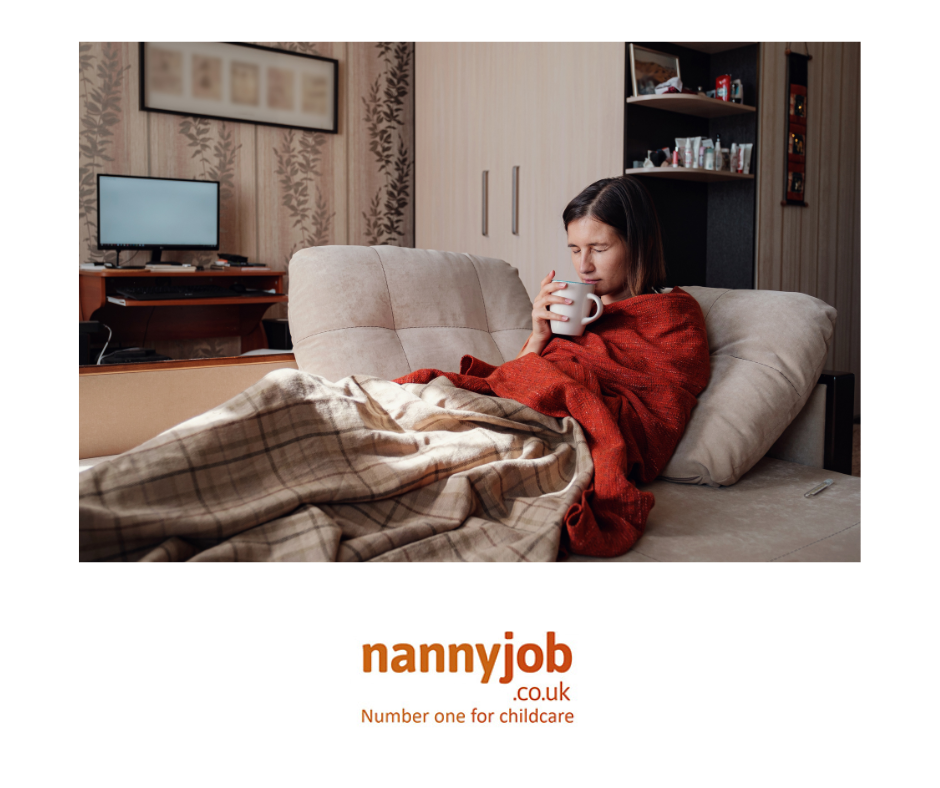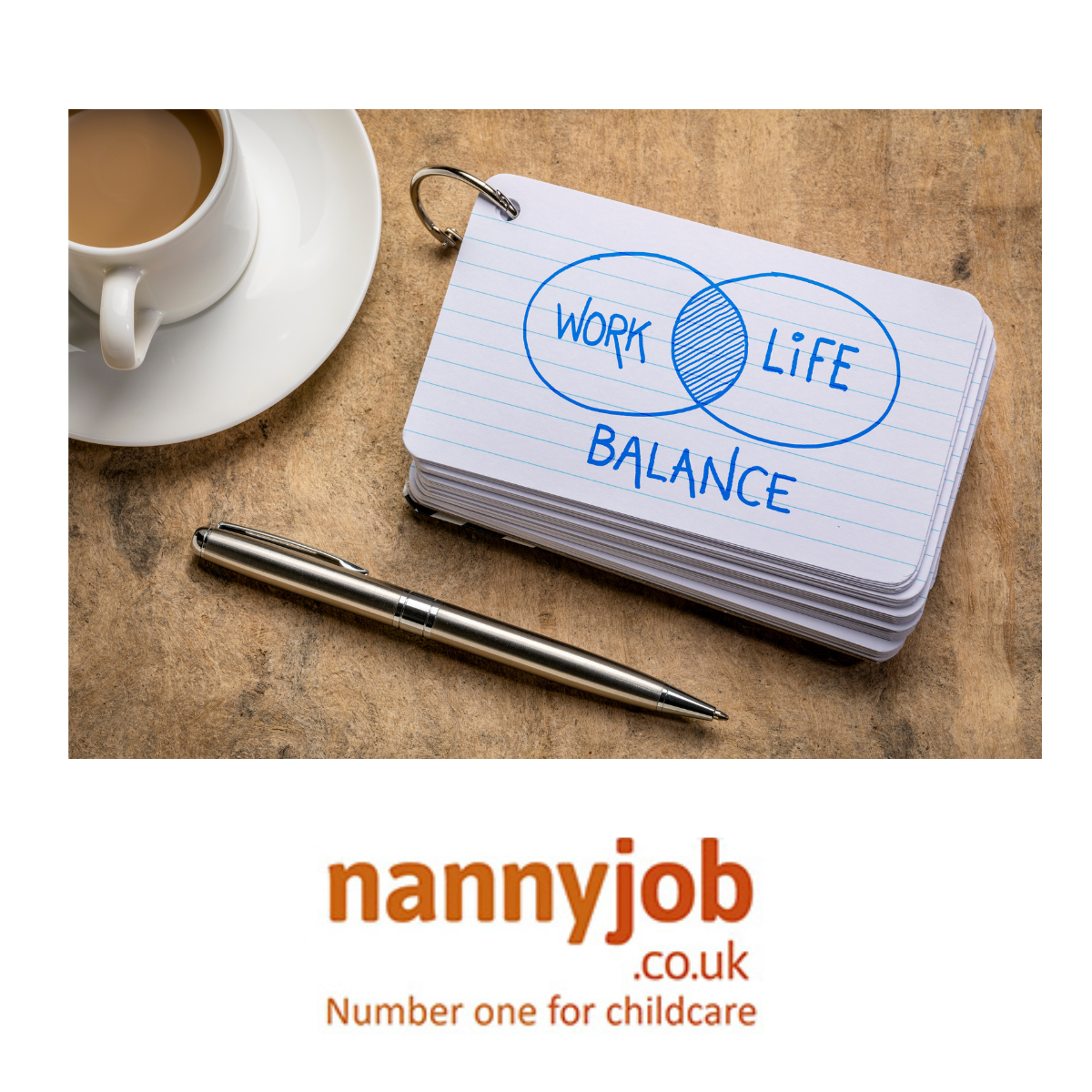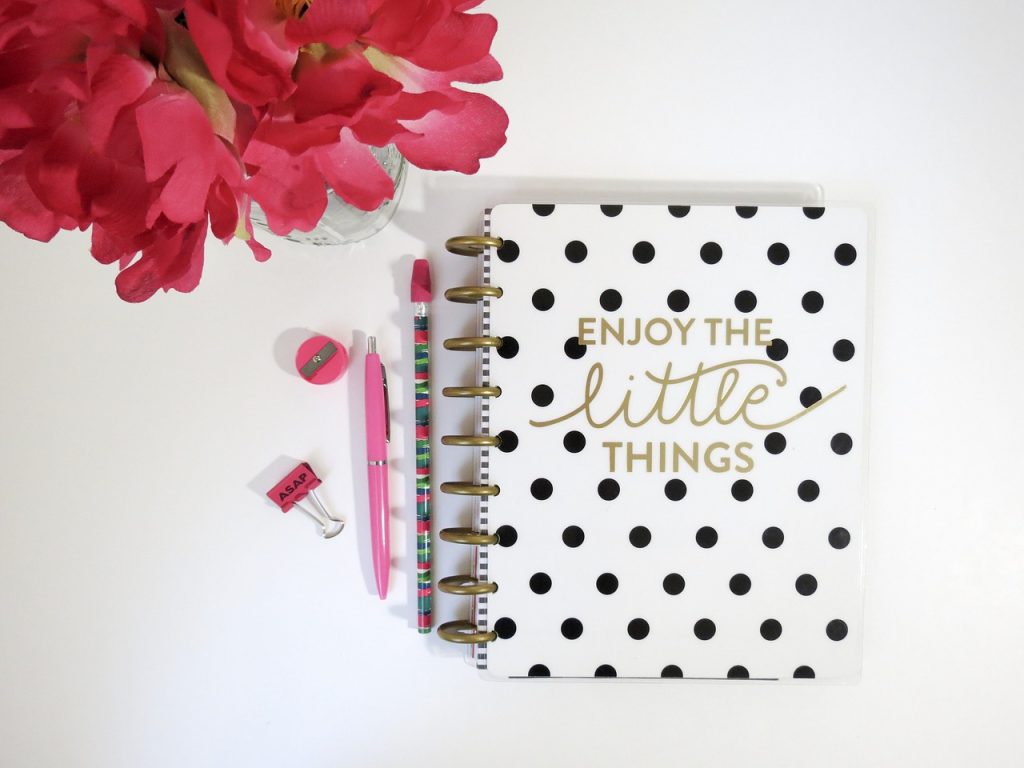Following our blog post on sickness etiquette there’s been a bit of a debate about how sick is to sick to work?
Sickness and diarrhoea: You must stay off work until 48 hours after the last episode of vomiting or diarrhea. Stomach bugs are highly contagious, so it’s doubly important if you use public transport.
Colds and flu: Unless you have a high temperature or feel achey it’s probably just a cold and there’s no reason not to work if you feel up to it. Flu, however, can be dangerous for small children so it’s worth asking your GP for a vaccination.
Chest infection: You’re unlikely to infect your charges but if your chest infection is bad enough to be treated with antibiotics it’s probably best to take a couple of days for your long term health. No sleep from coughing and being unable to run around without gasping for air don’t mix well with small children.
Broken bones: Generally it’s not a good idea to work while you’re in plaster but this will depend on the demands of your job. You may be able to cope with older charges, and they can generally be trusted not to knock your cast.
Chickenpox and other childhood illnesses: Even if it’s highly likely that your charges will get these at the same time you should observe standard quarantines.
Cold sore: You don’t need to take sick leave with an active cold sore but you should take extra hygiene precautions and avoid kissing your charges.
Hand, foot and mouth: Although this is very contagious it can be prevented by following good hygiene protocols, so as long as you feel well enough and your employers are happy for you to go in you should be able to work although you should avoid going to toddler groups and other activities.
Slapped cheek: Another highly contagious, and very common, childhood disease this can also be prevented by good hygiene measures. It’s likely that you were already contagious before the symptoms appeared and may have passed the virus to your charge. Once again you should check with your employer whether they are happy for you to work, and if you do then avoid toddler groups etc.










